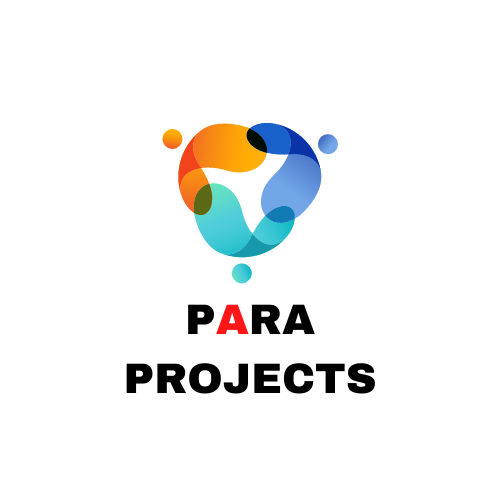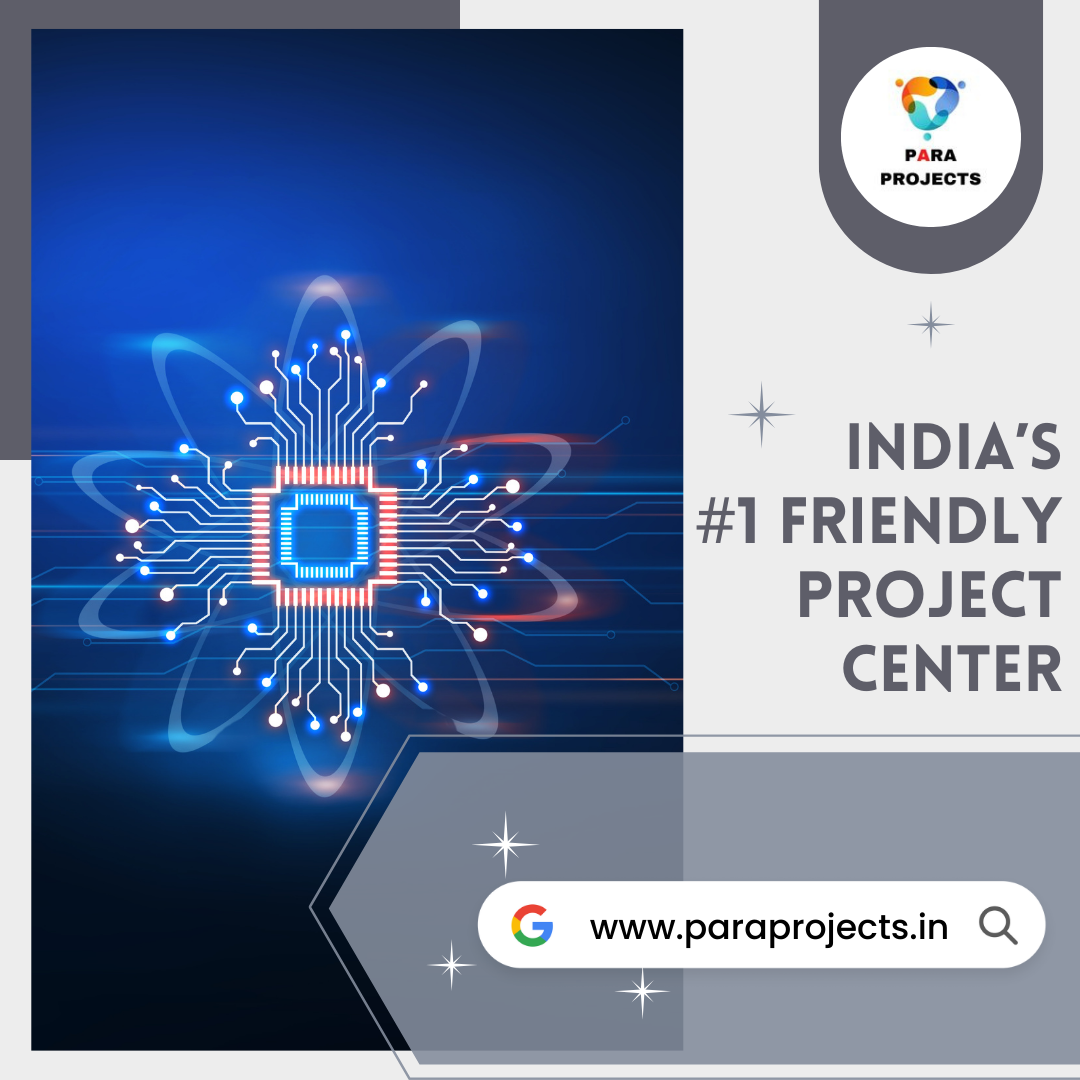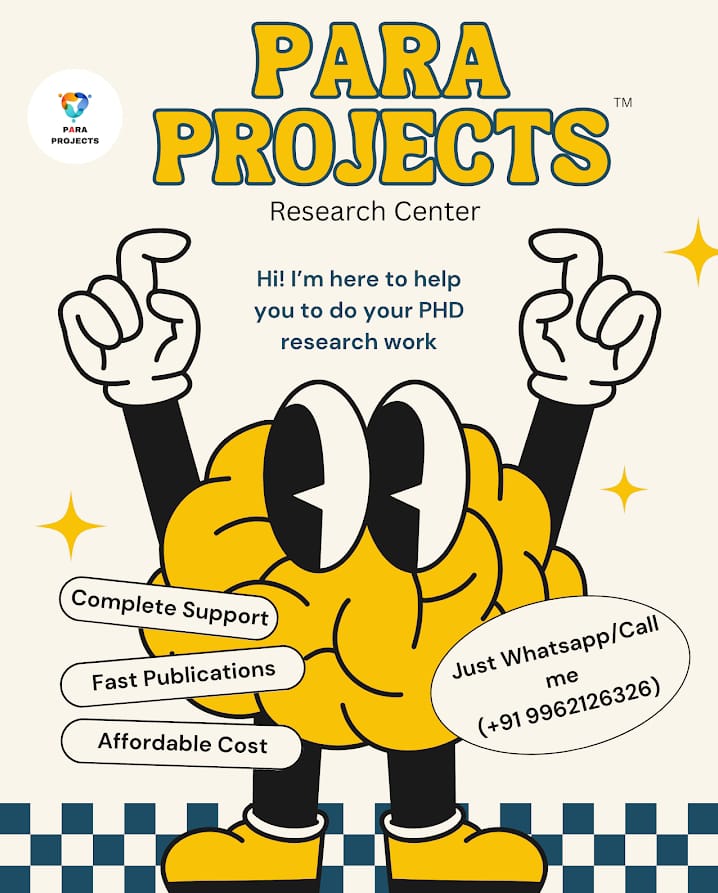Time Management Strategies for Long-Term PhD Projects

Strong 8k brings an ultra-HD IPTV experience to your living room and your pocket.
INTRODUCTION
Embarking on a PhD is often likened to running a marathon, not a sprint. Unlike undergraduate or master’s programs, where the academic calendar is well-structured and deadlines are predictable, PhD research spans several years with often loosely defined timelines. This can be both a blessing and a curse. While flexibility allows deeper exploration, it also opens doors to procrastination, burnout, and uncertainty. The key to success lies in one essential skill—time management.
In this comprehensive article, we explore effective time management strategies tailored specifically for long-term PhD projects. We will also touch upon real-world tools and solutions, such as paraproject, which offer vital support in streamlining research timelines and maintaining focus.
Understanding the Unique Time Demands of a PhD
The PhD journey is distinct in its structure. It generally involves:
An initial period of literature review and concept development
Proposal writing and approval
Data collection or experimentation
Data analysis
Dissertation writing and publication
Final defense and revisions
Each of these phases varies in duration and complexity depending on the discipline, the university, and the research topic. While there are overarching milestones, the freedom to work independently can lead to inefficiency if not managed well.
Challenges commonly faced include:
Unclear deadlines
Overlapping tasks (teaching, research, publication)
External dependencies (e.g., lab availability, advisor feedback)
Mental fatigue and burnout
To manage all this, PhD candidates must master the art of self-organization.
1. Setting Long-Term and Short-Term Goals
The cornerstone of effective time management is goal setting. Begin by visualizing the end goal—your dissertation. Then work backwards to break it down into smaller, achievable components.
Long-Term Goals:
These include completing literature review in six months, conducting experiments in one year, or publishing a paper within a certain timeframe. These goals provide a roadmap.
Short-Term Goals:
These can be weekly or daily objectives such as reading five journal articles, drafting an outline, or attending a workshop.
Strategy Tip: Use the SMART framework—Specific, Measurable, Achievable, Relevant, and Time-bound—for both long and short-term goals. For example: “Write 1,000 words of literature review by Friday.”
2. Developing a Research Calendar
A visual calendar is a powerful tool. Many PhD students underestimate the value of plotting their entire research timeline on paper or digital platforms.
Tools You Can Use:
Google Calendar
Trello or Notion
Gantt Charts
Dedicated research planning platforms
Regularly updating and referring to your calendar helps in identifying bottlenecks early. Services like paraproject offer integrated planning templates that guide researchers through creating realistic, phase-based schedules, ensuring all components are aligned with academic expectations.
3. Time Blocking and Deep Work
Time blocking is the practice of assigning fixed hours to specific tasks. This method reduces the cognitive load of deciding what to work on every hour.
How It Works:
Divide your workday into blocks:
9:00–11:00 AM: Literature review
11:00–11:30 AM: Break
11:30–1:00 PM: Data entry
2:00–4:00 PM: Writing session
Pair this with deep work techniques—long, uninterrupted periods dedicated to cognitively demanding tasks. Avoid multitasking, mute notifications, and use tools like Forest or Pomodoro timers to remain focused.
4. Prioritization with the Eisenhower Matrix
The Eisenhower Matrix is a simple yet effective way to decide on the urgency and importance of tasks:
Urgent Not Urgent
Important Do first
Not Important Delegate
For example:
“Submit conference abstract” → Urgent & Important → Do First
“Organize reference list” → Important but Not Urgent → Schedule
“Update lab spreadsheet” → Not Important but Urgent → Delegate (if possible)
“Browsing academic memes” → Not Urgent & Not Important → Eliminate
Prioritization ensures that valuable time is allocated to what truly matters in your PhD journey.
5. Regular Progress Reviews
Without external accountability, it’s easy to drift. Schedule regular check-ins to assess your progress.
Self-Audits:
Set aside time every week to answer:
What did I accomplish this week?
What challenges did I face?
What are my priorities for next week?
Peer Accountability:
Join study groups or writing clubs. Many researchers report improved productivity when they share goals with peers. Virtual communities and services such as paraproject also facilitate peer matching and collaborative check-ins, which simulate the structure of a guided program.
6. Managing Distractions and Procrastination
Distractions are productivity killers, especially in long-term projects where daily urgency is low.
Common Distractions:
Social media
Household chores
Random internet browsing
Academic perfectionism (endless editing)
Solutions:
Use website blockers (Cold Turkey, Freedom)
Designate a quiet, clutter-free workspace
Follow the “2-Minute Rule”: If a task takes less than two minutes, do it immediately
Adopt the “Just Start” mindset: Commit to working for just five minutes; momentum often builds naturally
When motivation dips persistently, external coaching or support from research-focused platforms like paraproject can provide customized strategies to regain focus.
7. Balancing Teaching, Personal Life, and Research
Many PhD candidates juggle multiple roles—teaching assistantships, freelance work, or family responsibilities. Time management becomes even more crucial here.
Strategies:
Use a master schedule to include all your roles
Allocate “theme days” (e.g., Monday for teaching prep, Tuesday for data analysis)
Set firm boundaries for non-research commitments
Inform supervisors about workload conflicts early
Support networks and structured planning tools, often provided by external collaborators like paraproject, help students design a routine that respects their life balance while ensuring research remains on track.
8. Dealing with Setbacks and Delays
No matter how well you plan, delays will occur—equipment malfunctions, writer’s block, or unresponsive advisors. Accepting this uncertainty is part of time management.
Coping Mechanisms:
Buffer Time: Add 10–20% extra time to every phase in your calendar
Adaptive Planning: Regularly re-prioritize based on current realities
Documentation: Keep track of what caused the delay and how you handled it
Emotional Support: Talk to peers, mentors, or counselors
Sometimes, the stress caused by such setbacks is compounded by isolation. In such cases, platforms like paraproject act as lifelines by offering expert consulting and workflow audits that get your project back on track.
9. Using Technology Wisely
Technology is a double-edged sword. When used correctly, it can massively boost productivity.
Useful Tools:
Zotero, Mendeley: For managing citations
Notion, Obsidian: For organizing ideas
Scrivener: For dissertation writing
Google Sheets: For task tracking and progress visualization
paraproject: For integrated support, academic templates, and expert guidance tailored for research workflows
Use automation wherever possible—set calendar reminders, use templates for reports, and automate backups of your thesis drafts.
10. Finishing Strong: Writing and Submission Planning
The final stages of a PhD are often the most intense. Dissertation writing, submission, and viva preparation demand focused energy.
Tips for the Final Stretch:
Break writing into chunks—abstract, intro, methods, results, discussion
Create a writing schedule with daily or weekly targets
Have at least one “no-editing” day a week to generate raw content
Get early feedback from supervisors to avoid major rewrites
Professional platforms like paraproject provide tailored editing and feedback services to help you polish your drafts efficiently and meet institutional standards without last-minute panic.
Conclusion: Crafting a Manageable PhD Timeline
Time management in a PhD program is not about strict discipline or rigid schedules. It’s about building systems that reflect your working style, research needs, and personal responsibilities. The sooner you establish effective strategies—goal-setting, planning, prioritizing, and self-review—the smoother your journey will be.
Note: IndiBlogHub features both user-submitted and editorial content. We do not verify third-party contributions. Read our Disclaimer and Privacy Policyfor details.







